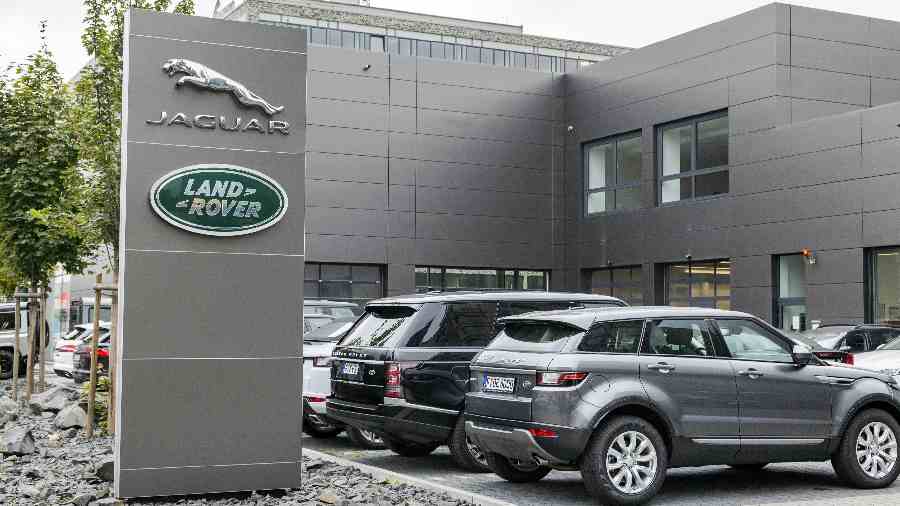Finance minister Nirmala Sitharaman hiked what the auto industry calls the sin tax for luxury cars.
In the 2023 Union budget, tax on imported cars has been increased, which will result in a price hike for completely built-up units (CBUs) of luxury car-makers.
Customs duty on vehicles in completely built units (CBUs) costing less than $40,000 or with engine capacity of less than 3,000 cc for petrol-run vehicles, and less than 2,500 cc for diesel-run vehicles has been raised from 60 per cent to 70 per cent. Similarly, customs duty on electric vehicles that are being sold as CBUs with cost, insurance, and freight (CIF) value of more than $40,000, has also been raised to 70 per cent from 60 per cent.
The budget also outlined that customs duty on vehicles, including electric vehicles, in semi-knocked down (SKD) form will rise to 35 per cent from 30 per cent earlier.
Already, cars imported as CBUs with CIF of more than $40,000 or with engine capacity of more than 3,000 cc for petrol-run vehicles and more than 2,500 cc for diesel-run vehicles attract 100 per cent customs duty.
A host of OEMs such as Jaguar Land Rover, MercedesBenz, Volkswagen, Skoda, Audi, Porsche, BMW and others import their cars to India in CBU form. With the new taxation norm, a rise in the prices of such models will be seen.
“The change in basic custom duties is going to impact the pricing of some of our select cars like the S-Class Maybach, and select CBUs like the GLB and EQB, making them dearer,” said Santosh Iyer, managing director and CEO of Mercedes Benz India.
Similar sentiments were voiced by Vikram Pawah, president, of BMW Group: “The increase in customs duty will impact sales of few of our models.”
Analyst Shamsher Dewan, senior vice-president and group head of corporate ratings of Icra however sees the increase in import duty as an impetus for domestic manufacturing.
“The government has proposed to increase the duties on completely built units (CBUs) to 70 per cent from 60 per cent earlier. This is unlikely to have a material impact as most of the luxury cars are now assembled in India, barring the top-end variants. Nonetheless, an increase in customs duty will further aim to promote domestic manufacturing going ahead.”
The finance minister also noted that replacing old polluting vehicles is an important part of “greening the country’s economy”.
“In furtherance of the vehicle scrapping policy mentioned in Budget 2021-22, I have allocated adequate funds to scrap old vehicles of the central government,” she said. States will also be supported in replacing old vehicles and ambulances, Sitharaman added.










